|
Photo by Timothy Eberly on Unsplash
Remember the days when you dreamt of being able to work remotely?
No more morning commute, setting your schedule, taking walks and exercising when you wanted... it all seemed like the dream set-up. Then COVID hit and the dream became a reality. The joy of working from home hasn't worked out quite as any of us expected. Working from home has apparently led to a 13% increase in productivity, partly from being less distracted and more focused. However, most of that increase in productivity comes from working more minutes. The payoff may be fewer breaks, shorter lunch periods and staring at Zoom for longer than is healthy. You end up with that feeling of always being "on" and a lack of separation between home life and work. Those longer hours also mean more screen time than ever. This all adds up to stress, anxiety and, ultimately, serious implications for your physical and mental health and wellbeing. When you don't allow yourself the space and time you need to switch off, your body and mind pay the price.
Photo by niklas hamann on Unsplash
Managing a team post-pandemic is a challenge.
As a leader, CEO or business owner, you're faced with trying to rally a team that is mainly working remotely. Keeping morale high and productivity flowing is even harder through a Zoom window. I don't need to reel off a slew of statistics about the effect of working from home on team members. You've most likely already felt it from your own experience. But while it does have benefits, there are challenges for those working remotely. These include:
After months of online sessions, on Friday we ran our first outdoor team development day of this year, for a stressed management team from an NHS partnership who've been remote for the past 6 months.
We've made a few changes to the way we run the days to make sure that social distancing and hygiene is maintained. There are some trees in my street that are an example of how working together can give us hope for the future. It's led to ideas for how you can build a stronger and more resilient organisation and business, says Nigel Berman
There’s a line of elm trees across the street from my flat.
I love those trees. Their branches are directly opposite my lounge window, and I sometimes watch as birds and the odd squirrel hop about in them. They turn an otherwise ordinary urban street into something more alive and positive. Especially now, after the pandemic. So I was very upset a few years ago when the council cut one of them in half.
If you're lucky enough to have a garden or somewhere green to enjoy the spring weather during corona-lockdown, here are 6 ways you can use it to get away from screens, reduce work-related stress and boost your mental health and wellbeing.
Photo by Martin Kníže on Unsplash
1. Twenty mins a day in your garden significantly reduces stress
Spending a lot of time in front of a screen? Feeling sluggish, stressed, or anxious? Are you distracted, or going a bit stir crazy? Need a break from the kids, or your partner? Research shows that being outside in nature for just 20 minutes a day is enough to significantly boost vitality, reduce stress, and enhance your focus and your wellbeing. If you live in a city, even a small park, a patch of grass, or any area with trees can suffice.
If I had a garden I’d be spending as much time in it as I could. Having a team meeting where you're honest and truly listen to each other can yield great results. It’s not always easy to do, so we asked business leaders about their experience of facilitating meaningful conversations with their teams.
Photo by Dylan Gillis on Unsplash
When was the last time you had an honest and meaningful conversation with your team?
A few weeks ago we asked 60 business leaders from a range of small, medium, and large organisations a series of questions about their experience of this with their teams. The responses showed lots of common issues that leaders face when working with their teams, but interestingly, a few immediately pushed back: “What do you mean by a meaningful conversation?” they asked. So first things first. What is a meaningful conversation?
A conversation with your team is meaningful if it nudges along your understanding - of each other and the situation - as well as influencing you in a significant way.
The conversation could be on anything from aligning on vision or goals, clarifying a key message, working out a new way of doing things, or deciding what to do next. What’s important is that a meaningful conversation requires an honest discussion - where you all feel safe enough to share your truth, really listen to each other, and allow the full meaning of what each other says to come out - so that everyone feels heard and understood. Even better if there’s some tangible impact and beneficial change as a result, moving you all forward towards what matters. Client: Sussex Recovery College
Location: Self-contained nature site, near Brighton Group Size: 20 Who they are: Sussex Recovery College offer educational courses designed to promote self-management of mental health and recovery. The courses are delivered by a combination of professional and peer trainers. Why a strategy away day on legacy in the wild? The peer trainers have tended to work independently, and didn’t know others from different regions very well. The college wanted to bring the peer trainers together to celebrate achievements, and to look at how they work together, using nature as an inspiration for the learning. Their challenges: “How do we generate a stronger, more integrated team?” “What do we want our legacy to be?“ How we helped a remote sales team to communicate better In the woods today, we worked with nature to help a remote sales team from a global medical supplies company answer a pressing question: "How do we want to communicate with each other?" Client: Global Medical Supplies Co Location: Woodland, West Sussex Group size: 7 Who they are
This global medical technology company provide innovative healthcare and medical solutions. The south east region team is pretty new and has grown from two to seven people in less than a year. The product they sell is complex and the market is competitive. Team members come from diverse backgrounds, and all work remotely, so they don't spend much time together, and don't contact each other often. Their challenge: "How do we want to communicate with each other so that we can work together better?"
photo by Sarah Davenport
What can your team learn from building a shelter in the woods together, that you can take back to the workplace?
A team from digital agency Pragmatic come to the woods for one of our outdoor team building and strategy away days, and to explore their purpose. Read what happened and what they learned in the case study here. #digitaldetox #teambuilding #businessunplugged Photo thanks to Sarah Davenport
What could your organisation learn from spending a day in nature, helping each other, and having a meaningful conversation? Here's a time lapse of us setting up a team day in the woods for a digital agency client.
Groups from Sussex University's Library Service get creative at an outdoor team building and wellbeing strategy in the wild day.
The Library got in touch because staff are pretty stretched and stressed. They were looking for non-traditional ways of dealing with that. They also wanted to make more use of Stanmer Park, which is a great outdoor resource on their doorstep. Their challenge: "How can we use nature to manage the pressures of work and reduce stress in the workplace?" Read what happened on their strategy away day and what they learned, in our case study here. Delicious foraged mocktail knocked up by the R+T team as part of their wild team buidling away day with help from @brightonherbalist. Spot the hogweed straw and edible flowers.
#teambuilding #foraging #wildisthenewworkplace #digitaldetox Why team building is important
First things first - why do any structured team building at all? As a leader there are so many day-to-day pressures, that having time out of the office with your team might seem like a luxury you can ill afford.
But what happens if you don't invest in your team, take time to improve social relations, resolve workplace tensions, and build a forward-thinking culture? The answer: your team may suffer from a lack of progress, poor productivity or conflicts, all of which can lead to under-performance as a whole. As a leader it’s your job to resolve these issues as quickly as possible. If you don’t, you may find your staff leave you for a competitor, as a recent survey by LinkedIn shows: 70% of professionals would not work at a leading company if it meant they had to tolerate a bad workplace culture. For today’s workforce, culture reigns supreme, and as Peter Drucker said “culture eats strategy for breakfast” ie it’s good for the business too. Read on to discover why heading outdoors into nature is one of the most effective ways of achieving your team building goals and is a vital part of any HR strategy. At our Leading with Purpose sessions, I ask: "Given all that you've learned and experienced today, if you could commit to doing one thing to make a difference, what would that be?" Since the start of 2019 we've been convening groups of business founders, leaders and pioneers around a campfire to talk about how to solve 21st challenges - of how you lead with meaning and purpose in an increasingly uncertain world, and improve the planet and your business. So far we've run six campfires for 40 leaders. Publicly committing to an action in front of the group has been a key part of each session. This is what people have committed to:
Think Productive work on communication, culture and strategy at a ninja away day workshop around the fire.
Who are they?
Founded by best-selling author Graham Allcott (How to be a Productivity Ninja), Think Productive help transform the productivity and wellbeing of leading organisations around the world, through practical, human and straight to the point time management and productivity training and workshops. Think Productive are a close team, a mix of trainers (called Productivity Ninjas) and head office staff. Photo by Matt Collamer on Unsplash The other day I go for an early 8am coffee with a client. The HR director of a large charity, she has kindly agreed to meet me to explain why they have decided not to go ahead with my proposal for a leadership programme in nature.
Circumstances have changed. They’ve just done a 360. It has thrown up some unexpected stuff and the CEO has decided to go with a different plan. It’s fine, I understand. And anyway I appreciate that she cares enough to explain this face to face. Over coffee we have a wide-ranging discussion about culture, and the challenges and tensions of an organisation that has frontline support staff and also a retail arm, with different issues, different needs, and different personalities. And then she mentions homelessness. That’s when things take an unexpected turn. For some reason I’m compelled to tell her what happened the day before. A visit to a meditation class has kickstarted my on-again-off-again resolution to be more generous to the growing number of people begging on the high street. On my way to get some lunch, there's a toothless guy sitting on the pavement by the Barclays cashpoint, as I drop some coins into his hand, I ask him how it’s going.
What does burnout mean for your organisation and how can you use culture change and the power of nature to help your teams to thrive instead? Here’s a 5-step toolkit to cope with an always-on world. Words by Lauren Psyk
Photo by Victoria Heath on Unsplash
In a 24-hour, globally connected world, we are always-on - spending our entire lives connected to technology, with instant access to the world around us.
There are undoubtedly positive benefits to business and organisations from this state of 24-hour connectivity. You can be more productive by managing projects using cloud based tools; you’ve got the convenience of being able to access everything you need, from meals to travel, with the touch of a button; and you can easily serve international markets during their waking hours, as working across different time zones and having staff based across the globe is becoming de rigueur. However, it's also becoming clear that it’s not all sunshine and roses. You may be able to have a gourmet meal delivered at all hours of the day and night, but what is this state of being always-on doing to your mental and physical health, and the health of your team? In the last few months, School of the Wild has been convening groups of business leaders to explore what we can do to address global social and environmental challenges, and how to make the world a better place. Here, business coach Neil Pavel explains what he experienced around the campfire.
I have experience of this twice now after Nigel, who runs School of the Wild, invited me to attend a couple of the Leading with Purpose campfire catalyst sessions that he facilitates. For a few hours, myself and the other people in these groups shared our stories, ideas and insights into leadership and responsibility, and about culture and the future. Being outside has an immediate impact. I notice how we all think and behave more-than-slightly differently. There’s an openness to the conversations, less boundaries, and lots of trust. Having the time and space to reflect on leadership and impact with a bunch of complete strangers allows a wide range of subjects, voices, and opinions to be heard and mulled over. Being outside has an immediate impact. I notice we all think and behave more-than-slightly differently. There’s an openness to the conversations, less boundaries and lots of trust. How does your organisation stay connected? How can your team have more impact and make more of a difference? Making meaningful connections and having conversations that matter to address these questions at a team building away day in the woods today.
#team #strategy #nature #business #schoolofthewild
Marketing guru and writer-photographer, Lauren Psyk, came to a Leading with Purpose campfire catalyst session. She wasn't expecting it to be so powerful. This is her story.
photo of Lauren Psyk by Saskia Nelson.

In my twenties, I was attracted by the bright lights of London and had ‘trendy’ marketing jobs with media organisations.
From an outside perspective I had what every young professional wants - I worked on partnerships with music and media brands, I got to go to glamorous events and trendy media industry parties and I had a decent enough salary to enjoy the London life. Back then, nobody talked about millennials, the buzz word at the time was urbanites - and I was living the stereotypical urbanite life; work hard, play hard, spend hard.
Lack of purpose
But despite my initial excitement, within a couple of years it became clear to me that I had set off on the wrong path. Neither my job nor my lifestyle were going to make me happy or give me any sense of fulfilment. Life and work felt meaningless, empty and vacuous - essentially I was lacking any sense of purpose. So I quit the media life and went to work in Government communications, on a THINK! road safety advertising campaign aimed at reducing deaths and injuries amongst motorcyclists. My work had meaning and I felt fulfilled. I got a huge sense of achievement from the fact I was doing something with purpose, and which had a positive impact. Eventually I left London to seek a healthier and more balanced lifestyle by the sea here in Brighton, and I started designing a career that fits around my needs and values. More recently, I have worked a lot in the charity sector and on projects which give me creative freedom. But purpose, and doing work which has a positive impact is still a core part of what drives me. What’s the point? How to maintain your business mojo in the face of crises and uncertainty.24/2/2019
In such a rapidly changing and unpredictable world, identifying an overriding purpose for your business is more important than ever. Being a greater force for good and achieving personal fulfilment are arguably just as important as pursuing profit. Here’s why connecting with your purpose is a vital part of a successful business strategy. Words by Lauren Psyk.
Read time: 4 mins
The world is changing and the future is unpredictable. Brexit, Covid-19, climate disruption and the transition to a digital economy are just some of the more obvious challenges facing today’s business leaders.
In the face of these uncertainties, and with the daily demands of running a business, it’s easy to see how your purpose can get lost. The urgent day-to-day pressures of meeting deadlines, finding clients and managing a busy team can often become more important than what seem like idealistic notions of ‘purpose’. This may lead you to feel a dichotomy between being true to your values and running a successful business that earns you a decent living. The desire to do some good, rather than chase purely short-term financial goals, is something you may end up putting aside. And if you’re an entrepreneur or a startup, you need to achieve credibility, clients and an income quickly in order to grow your business. It’s all too easy to grasp at partnerships, projects or areas of work that don’t meet your wider objectives just to get your business off the ground. As Andrea Collings, Director of Brighton based startup Terrier Marketing, says: “When we first started out, we were chasing clients who weren’t the right fit for us, just to get up and running. Eventually we realised we needed to take a step back and reconnect with our purpose. We said to ourselves: 'Hold on a minute, why are we doing what we do? We didn’t start out to work this way, we have certain values to uphold, and these have become lost.' We’re now attracting and working with clients who are the right fit for us, and we are right for them.” Technology now enables anyone to run a business wherever, and however, you choose. Coupled with a fundamental shift in attitudes to work, it’s clear that the very concept of what a ‘team’ means in the modern organisation is changing dramatically. As CEOs and team leaders you ignore these developments at your peril. How can you embrace these changes and continue to create happy, productive and successful teams in the 21st century? asks Lauren Psyk Remote workers at a co-working space: Photo: Shridhar Gupta/Unsplash Read time: 4 mins In 2019, people no longer ‘go to work’ in the same way they used to - in fact, you could say work is no longer a place, but a space. Business teams are not just spread across a city, but often across the globe. Many employees now enjoy flexible and remote working, which can no longer be seen as a perk but a central part of working life.
The digital world is not the only driver for this change in where and when we work. There has also been a dramatic shift in our very attitudes to our careers. Increasingly, salary is not seen as the key marker of success. Goals for career fulfilment now include being valued as an individual, working fewer hours, protecting your mental health and working for a more socially responsible organisation. When looking for new roles, a positive work/life balance comes before salary or career progression as one of the most important things employees seek. Bestselling books such as The 4-Hour Work Week promote the idea of living more and working less. Alongside this, social media means your employees are all busy cultivating a strong ‘personal brand’ online and individualism is valued above all else. In recruitment, the power is increasingly held by the applicants, who see themselves very much as their own brands and are asking: “Does this company fit with my values and my ethos? Can they give me the work fulfilment I’m after?” If you can’t deliver the lifestyle that a talented, young graduate is looking for, there are plenty of other creative, forward thinking startups and organisations who can. How Spending Time Around a Fire Had Unexpected Benefits, Both for Myself and for My Business17/1/2019
Getting a different perspective with like-minds around the fire was worth the investment, and got me some great new clients, says PR and communications consultant, Jill Woolf  When I saw the email come through from the NatWest Entrepreneur Accelerator for a ‘Mentors Go Wild’ event set in the great outdoors in Stanmer Park, my first reaction was “They’ll never get me in wellies round a camp fire!” I left the email in my inbox and carried on with daily life. Something about it must have resonated though because I was drawn back to it and reconsidered. As anyone who knows me well would expect, my initial concerns were over shallow (I prefer the word ‘practical’ – it’s all about personal branding) things like what the weather would do to my hair, and what would be the best thing to wear. Having assuaged my doubts on these, I focused on the benefits – spending time out of the office, getting back to nature, learning new things, looking at issues from a different perspective, sharing with strangers who didn’t know me and therefore would respond with potentially fresh ideas and views – and suddenly the idea seemed delightful. No email, no mobile phone, no interruptions for a whole morning. A focus on my own thoughts, plans and ideas. Learning. Listening. Interacting. Sharing. Helping others. And so I booked myself on, found my wellies and joined in. Biophilic design is the new trend for bringing nature into the design of your home and workspaces. These 3 plants are the best for your office, says interior designer Chloe Bullock  l first learnt about biophilia whilst watching Biophilic Design – the Architecture of Life. It’s a film about the overwhelming benefits of buildings that connect people and nature: hospitals where patients heal faster, schools where children’s test scores are higher, offices where workers are more productive, and communities where people know more of their neighbours, and where families thrive. I loved it. It all made so much sense. There’s lots of research that shows we need nature at a deep and fundamental level, but our cities and buildings are often designed in ways that diminish the environment, and alienate us from the natural world. Biophilic design, in contrast, shows the way toward creating healthy and productive habitats in a modern way. Biophilia itself means the human need for connection to nature - the idea that we possess an innate tendency to seek connections with nature and other forms of life.
There's a reason they say it's lonely at the top.
For the leader of any organisation, you may have lots of people working for you, but with the challenge of a changing and diverse workforce, a never ending conveyor belt of meetings, reports, and decisions, with uncertain outcomes and the pressure to deliver, you can end up feeling pretty isolated and wondering how best to lead effectively. You’re not alone: 60% of leaders say feeling isolated affects their performance, and instead they get caught up in the small details and push aside the decisions that really matter. [†] |
Author & CuratorNigel Berman is the founder of School of the Wild. Archives
March 2024
|
Leaders |
About Us
Support |
|


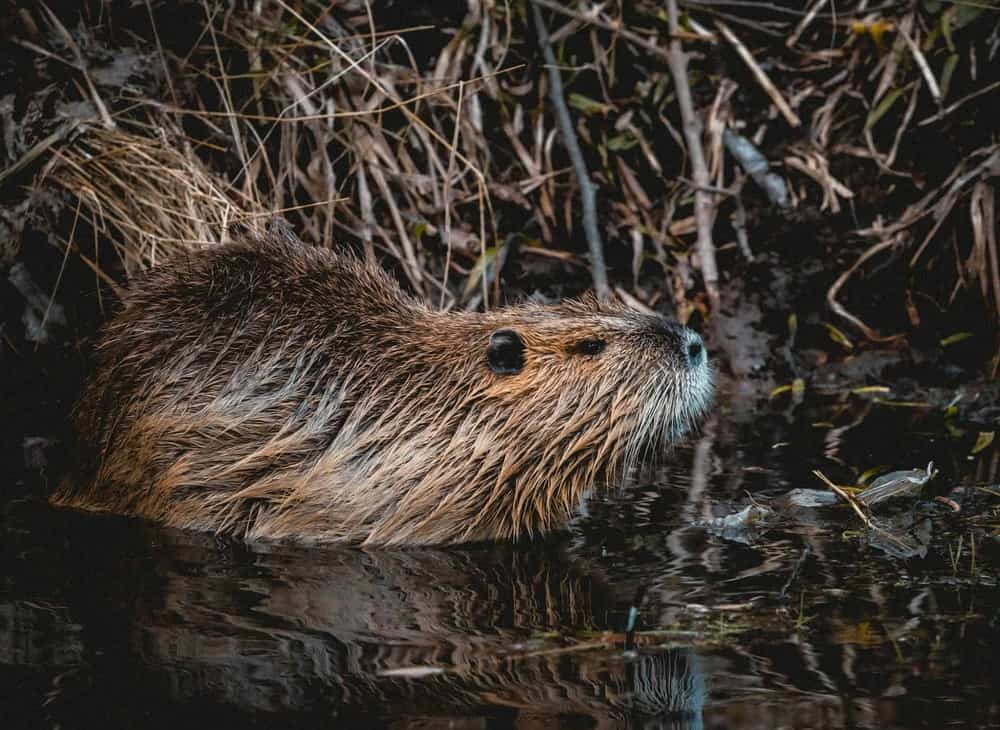
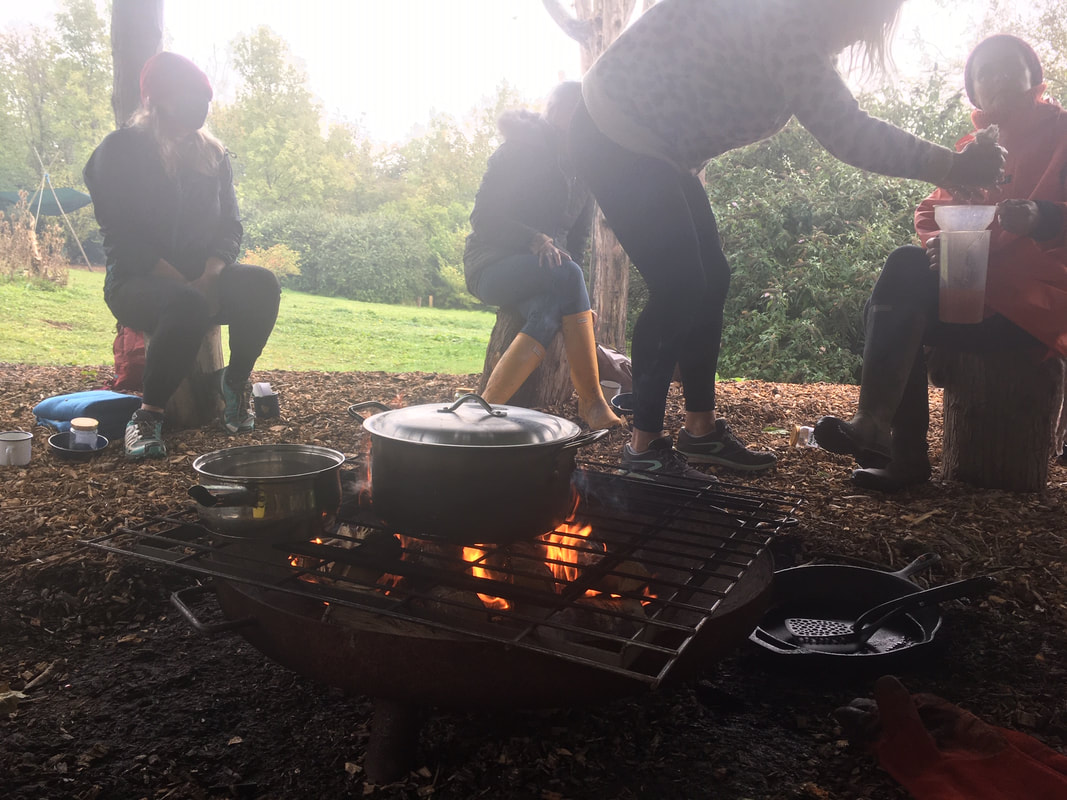
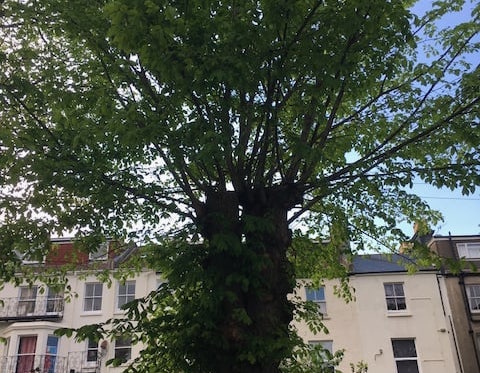
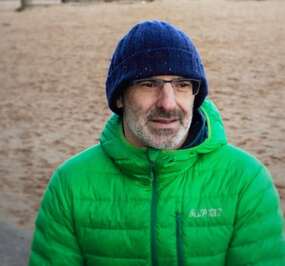
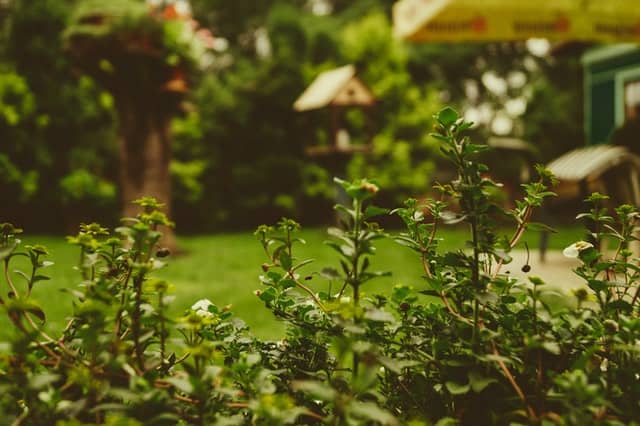

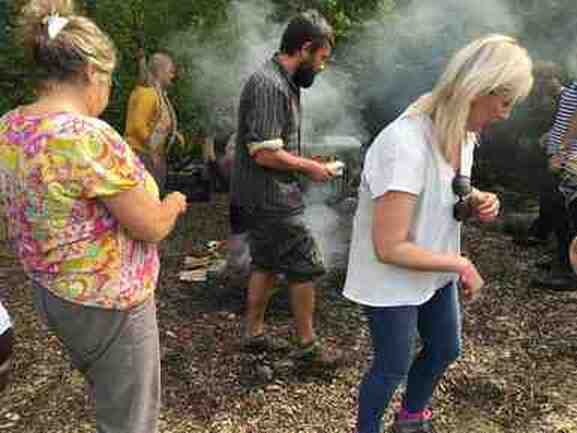
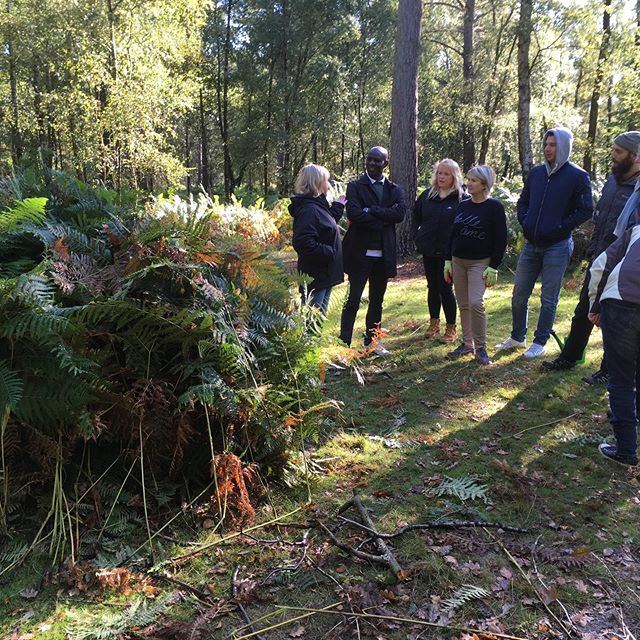
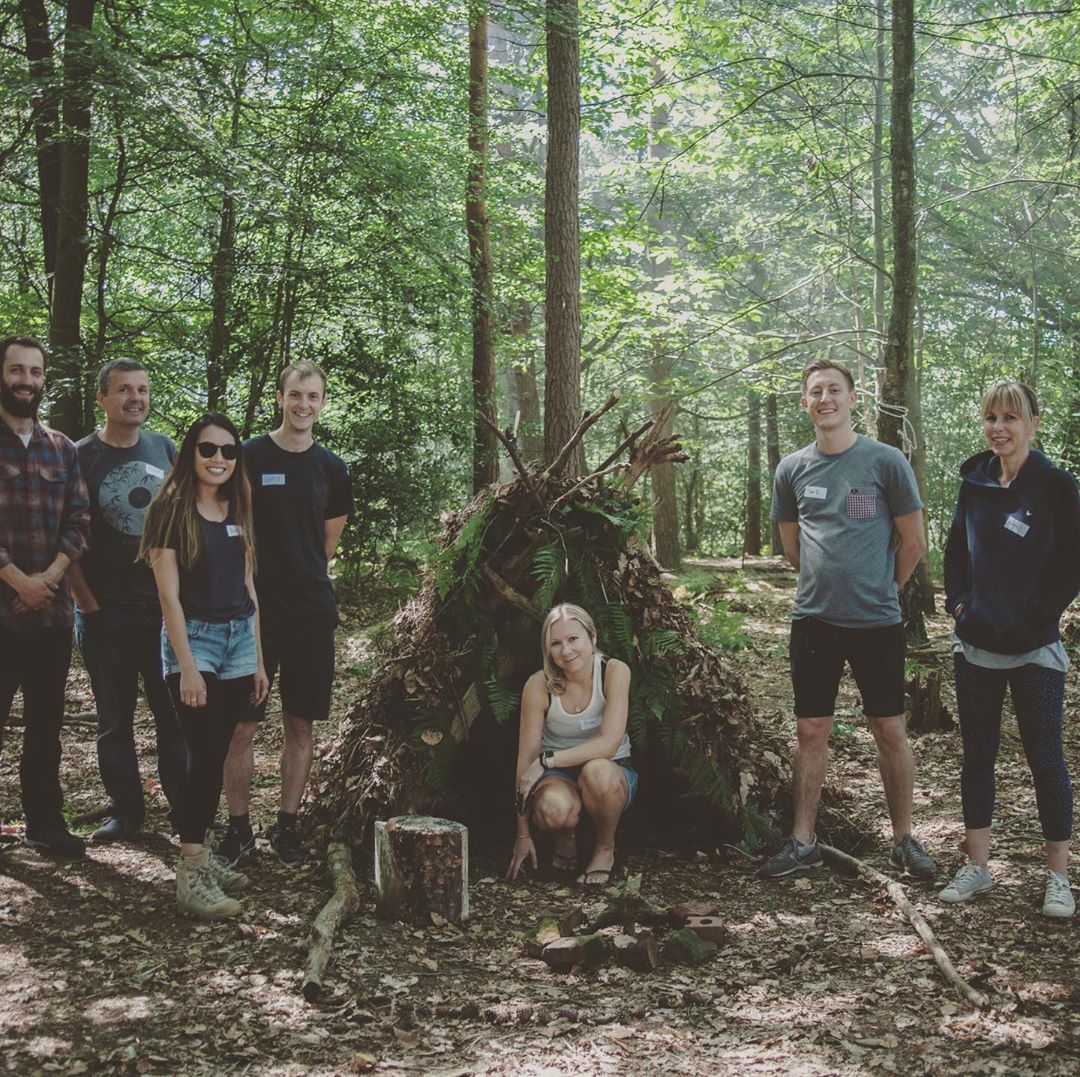
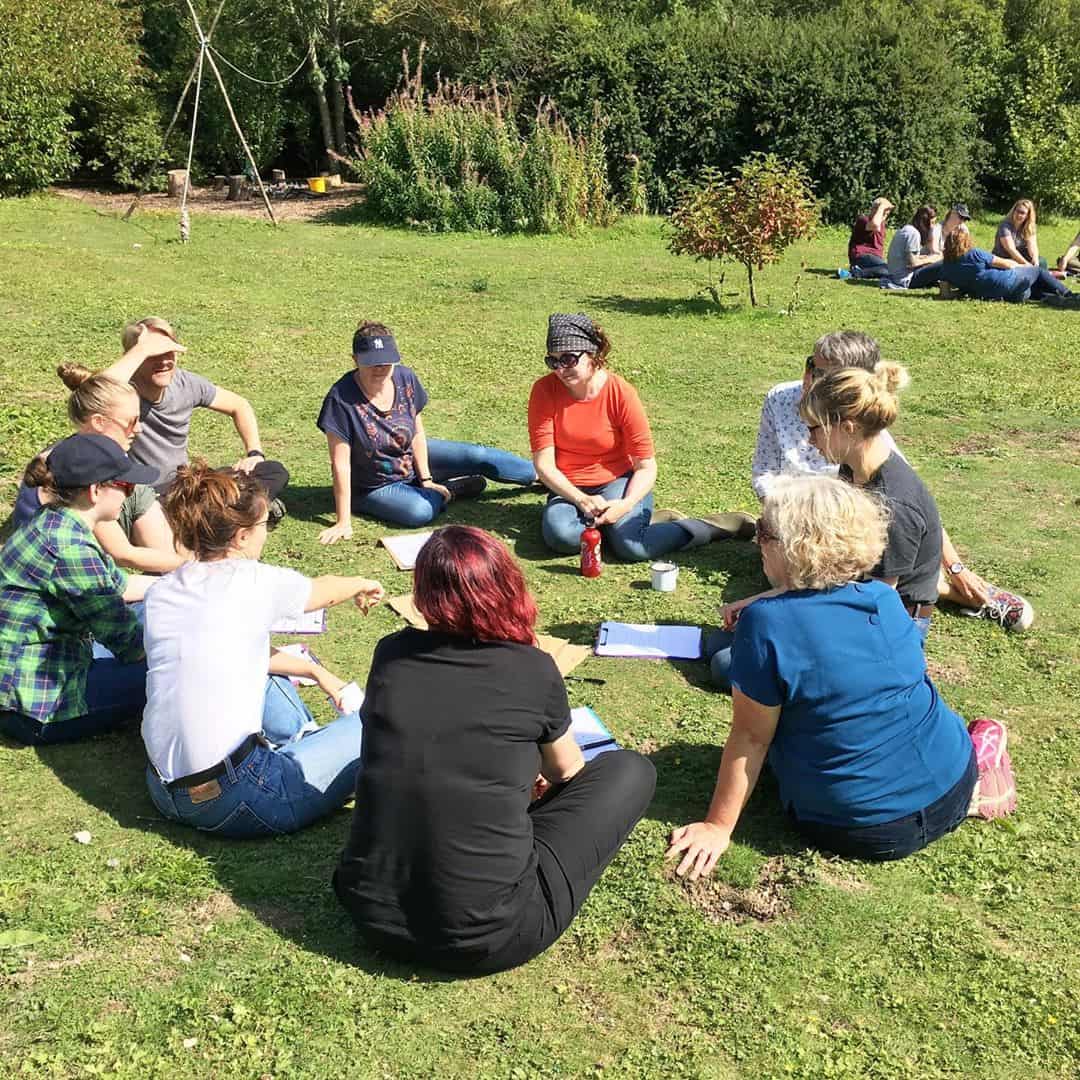
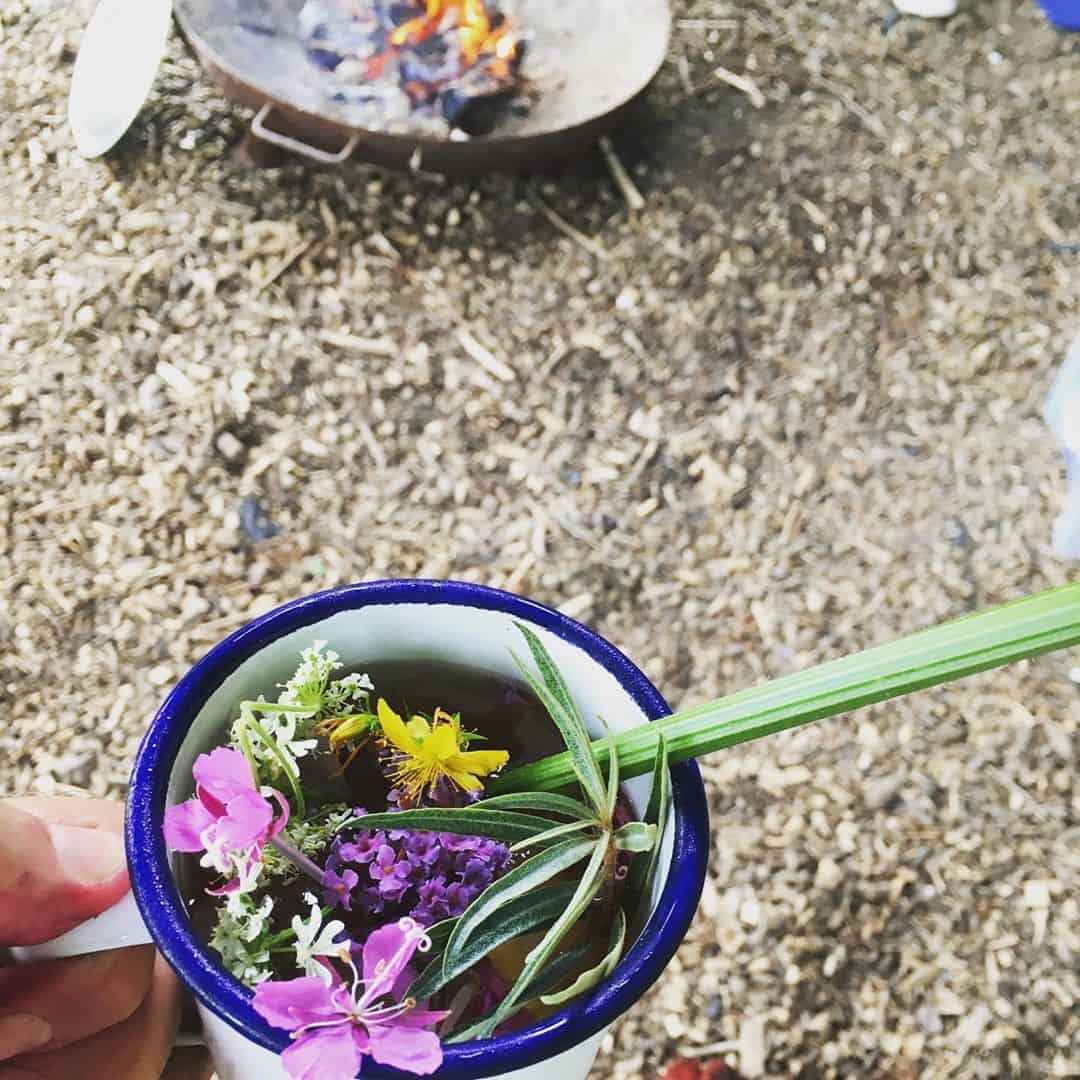
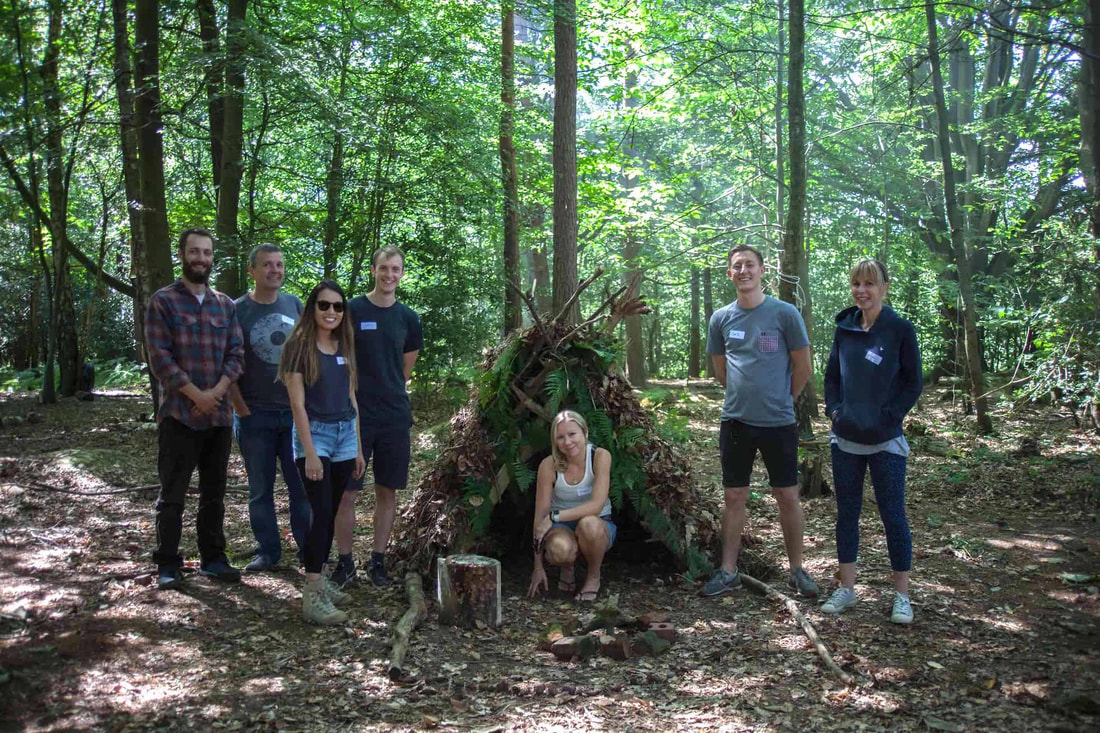
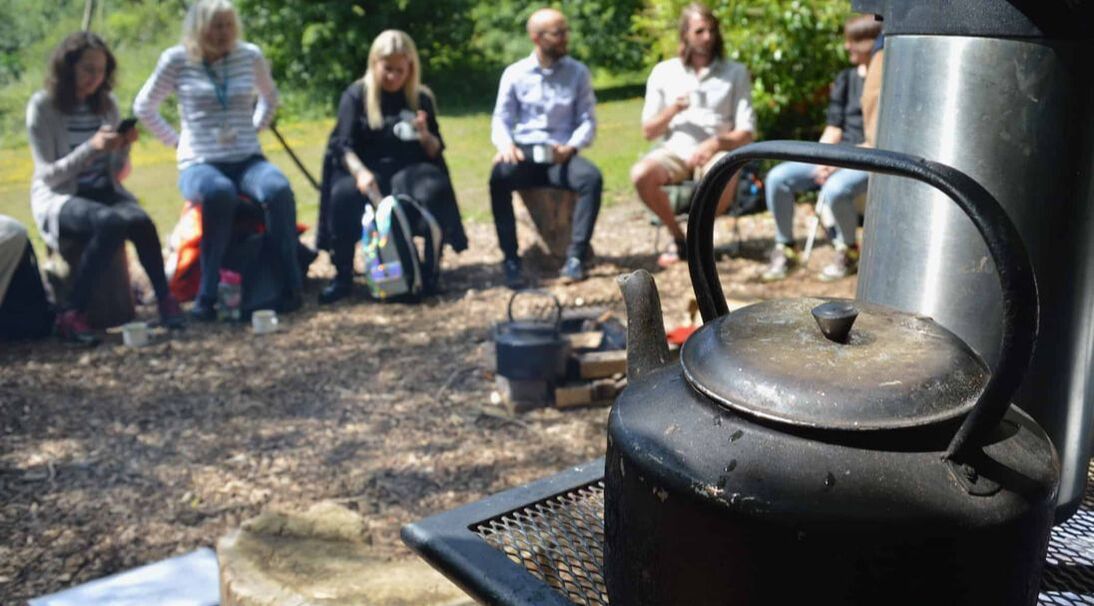
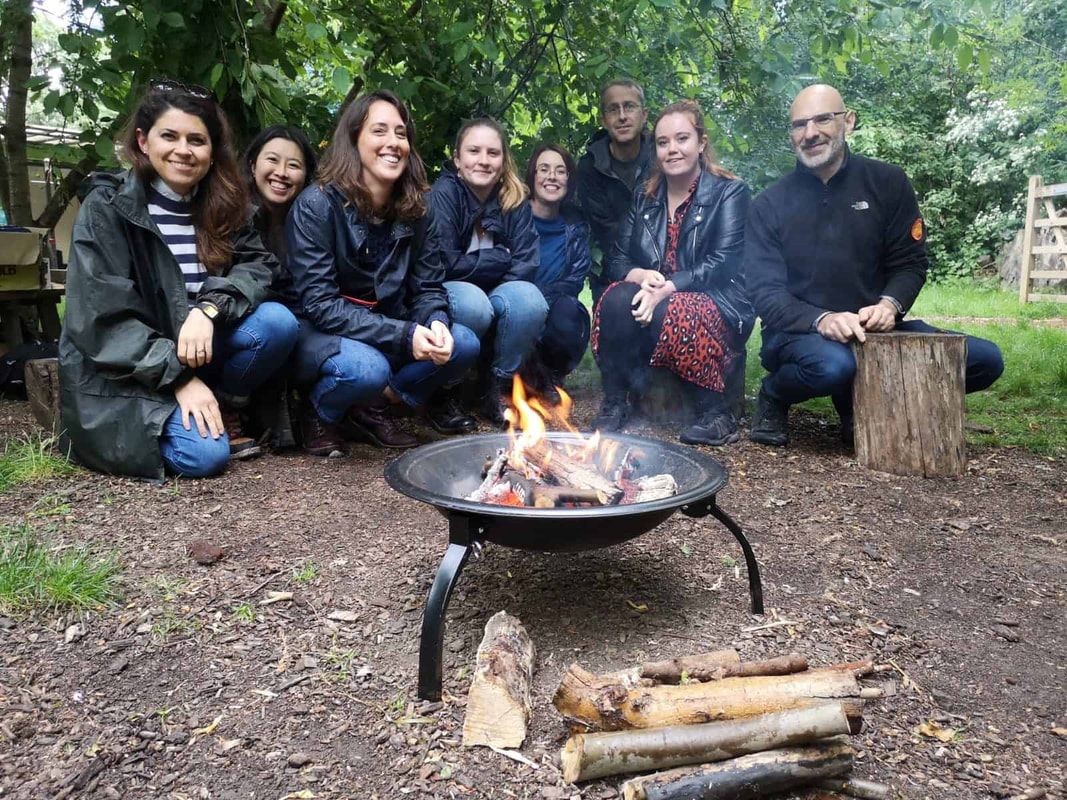
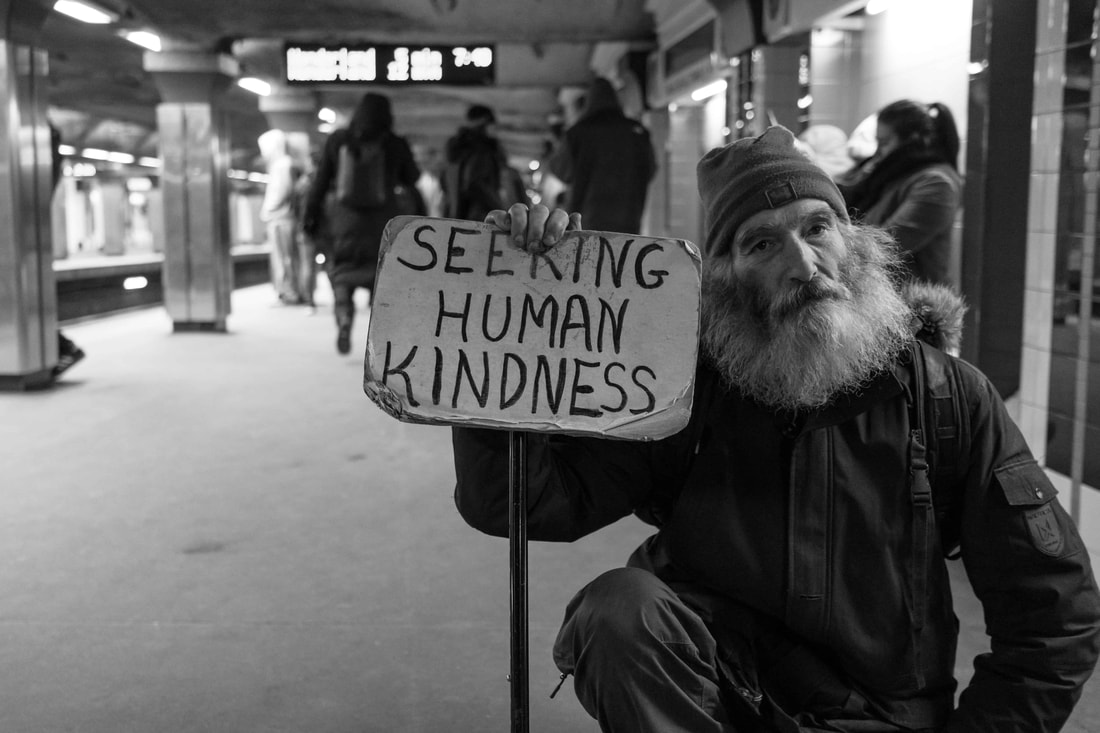

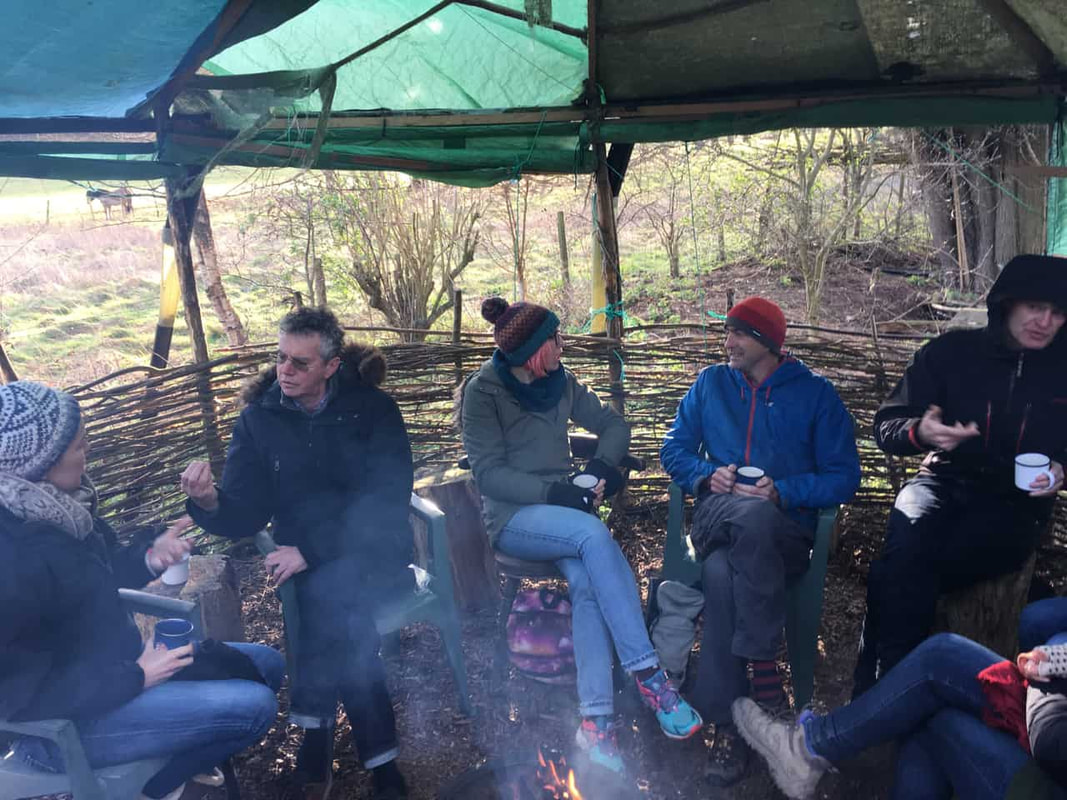

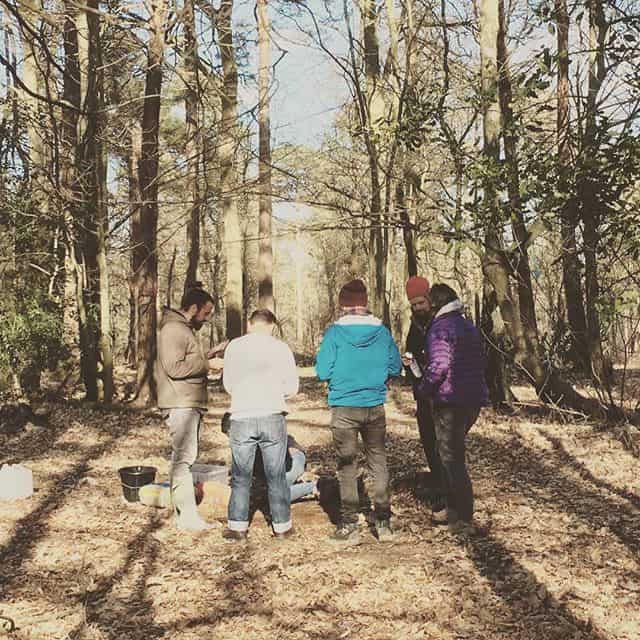
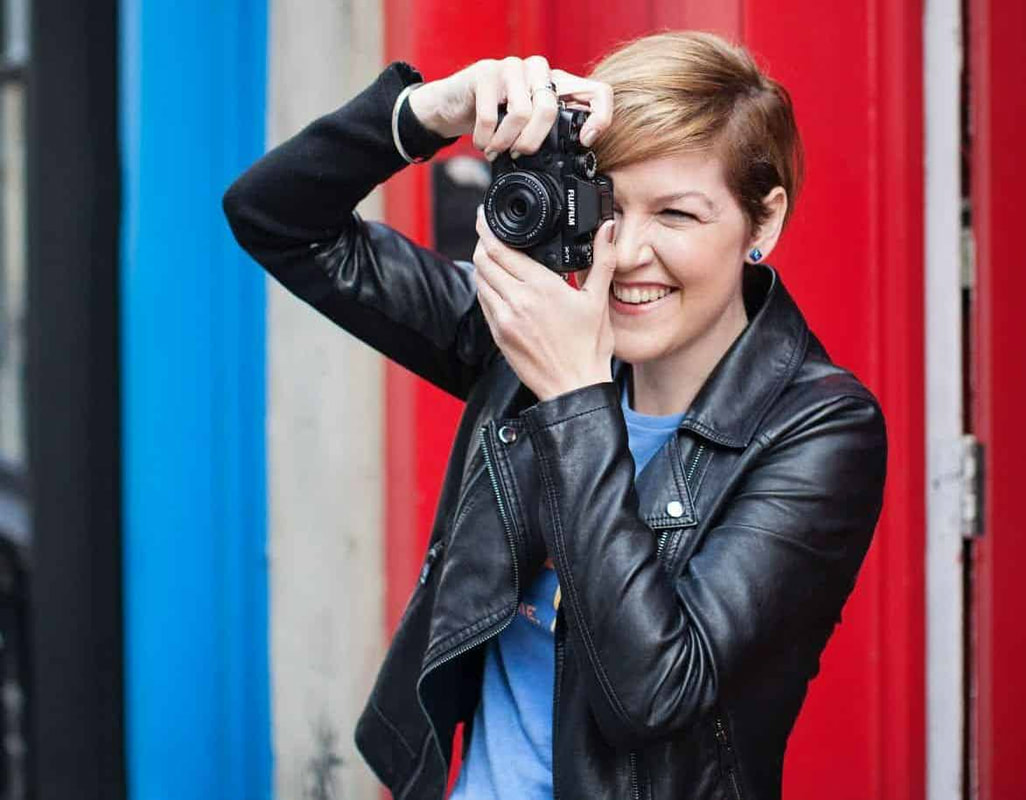
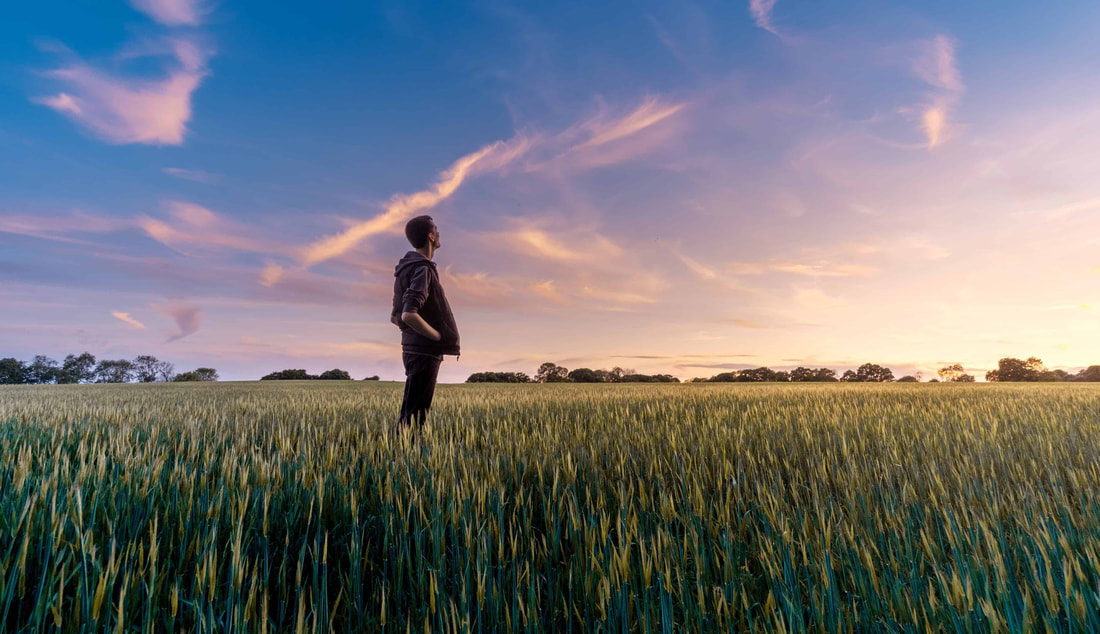
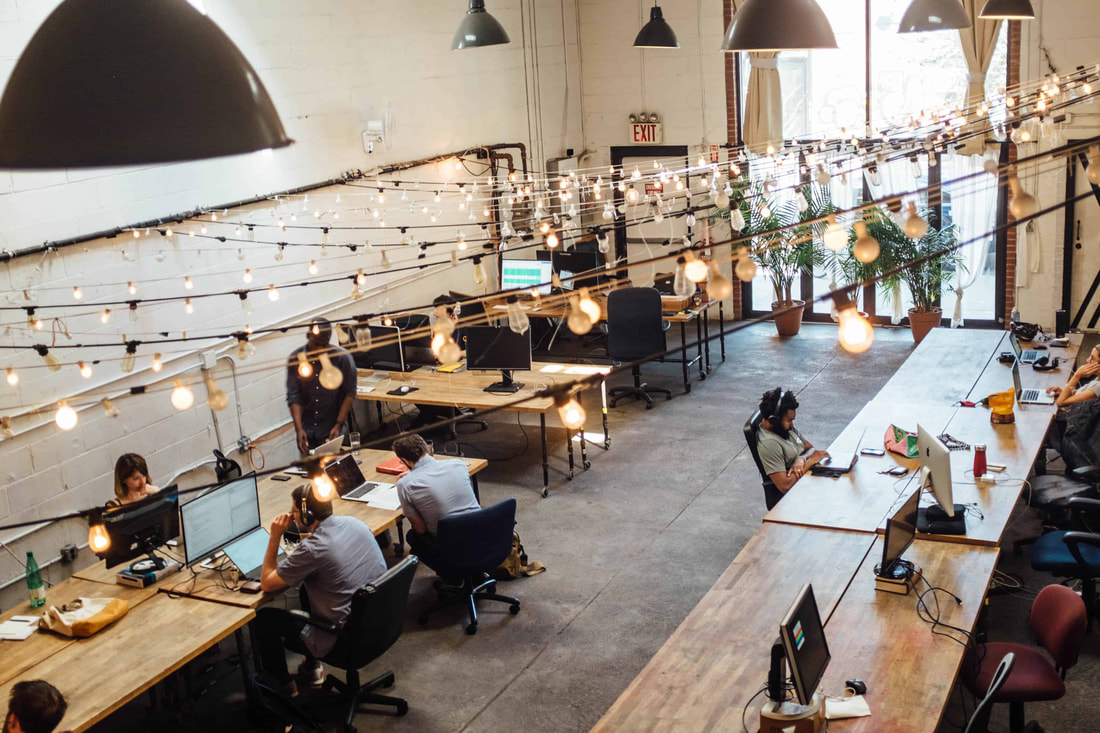
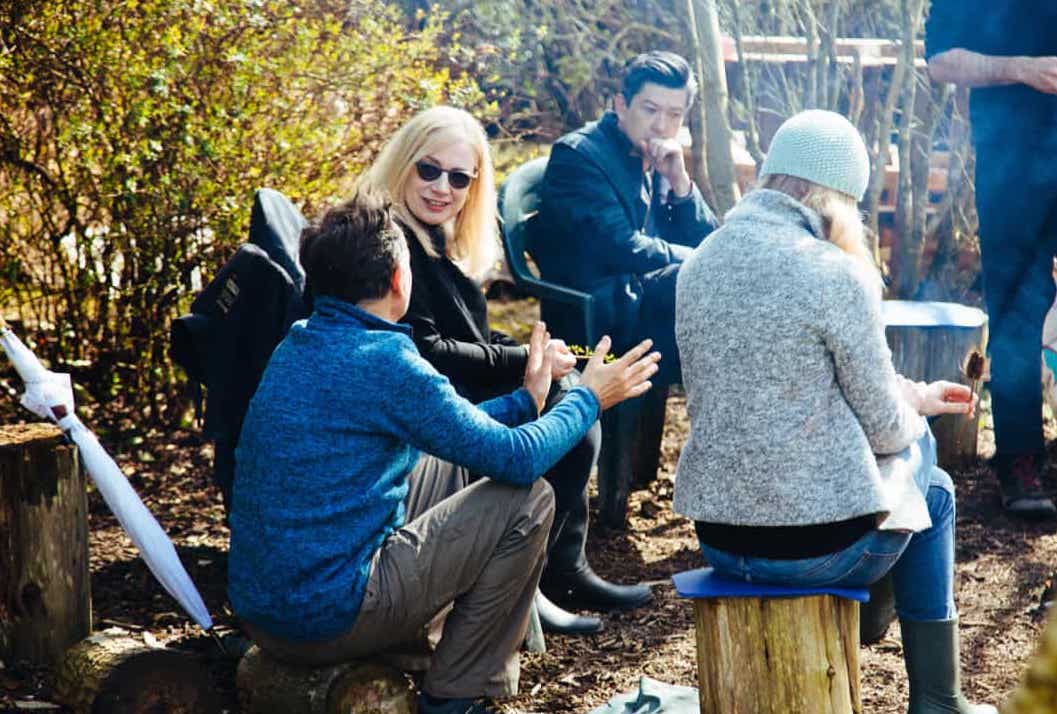
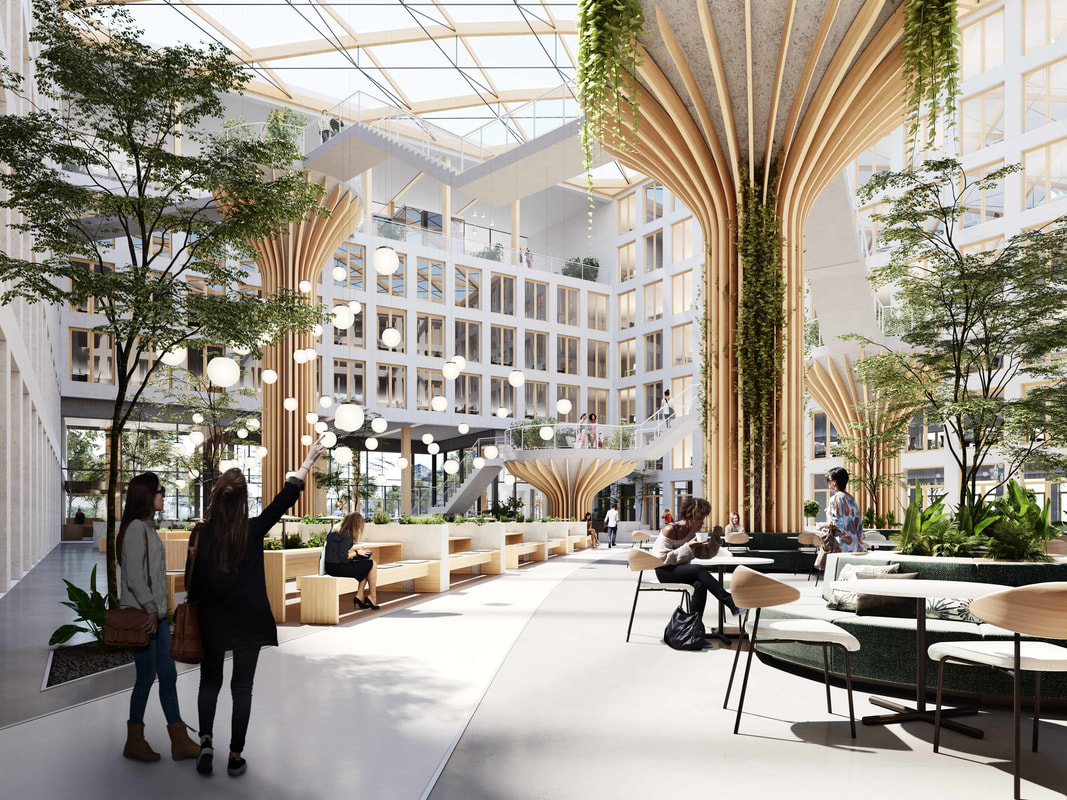
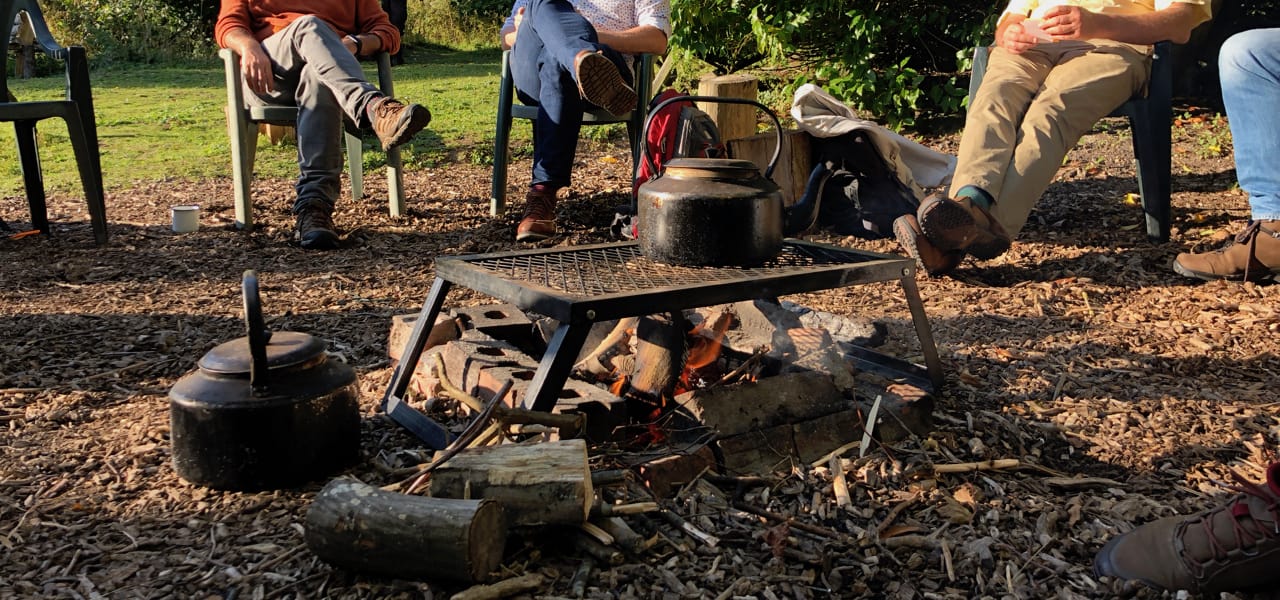
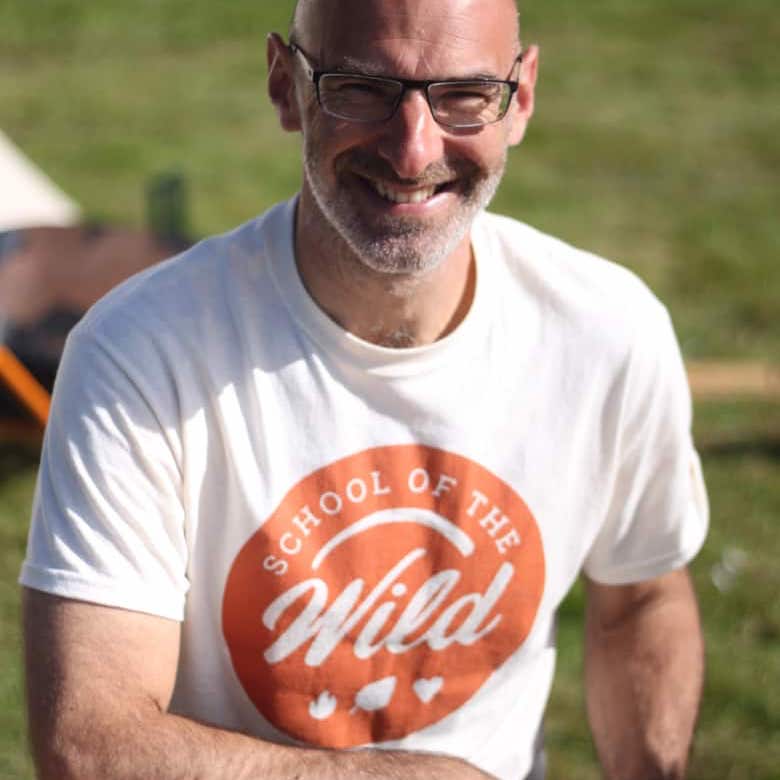
 RSS Feed
RSS Feed



